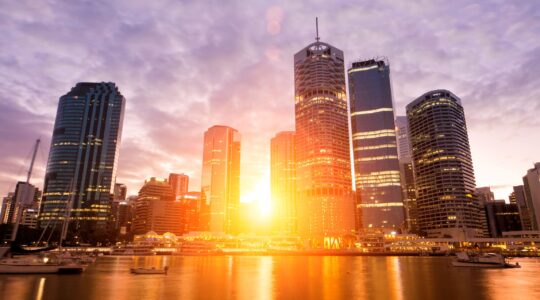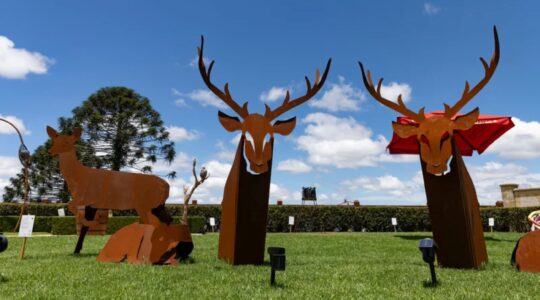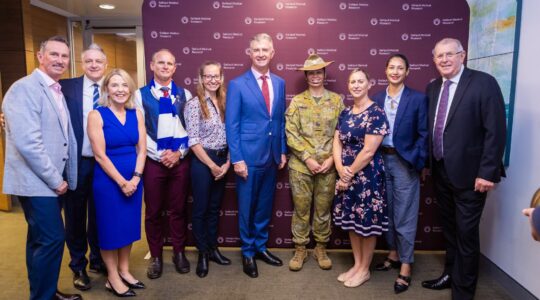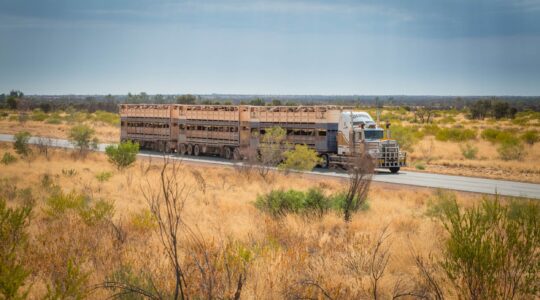By Shane Rodgers
When Brisbane looks back in the future at decisions made in the next few weeks it will make some blunt assessments about opportunities lost or grasped.
As the new Queensland Government makes some overdue decisions on the state’s stadium needs, we desperately need to get the conversation back into perspective.
In doing that, we need to remember that the Olympic and Paralympic Games were always about having a business case that stacks up.
It never makes sense to host a big, expensive international event as a one-off piece of economic activity. It only adds up if it is an economic development enabler that acts as a catalyst to build a better city and region faster.
Frankly, we may well be headed for a mediocre result around our stadium needs because of ludicrous political promises that took too many options off the table.
Labor’s decision to support a renovator’s delight stadium glow-up at Nathan set the whole Olympic mindset back years and seemed to be supported by pretty much nobody.
The LNP’s totally unnecessary “no new stadiums for the Olympics” promise may prove to be just as short-sighted and limiting.
The fact is stadiums are a rare piece of public infrastructure with a genuine ability to drive ongoing revenue across broad areas of the economy.
The Australian Bureau of Statistics pointed out earlier this year that the Taylor Swift concerts in Sydney and Melbourne drove enough economic activity to impact national economic and business turnover figures.
Tellingly, Brisbane missed out on those concerts and, since then, there has been an ever-growing list of big acts lining up not to come here.
This is a repeat of the 1970s when Brisbane was ill-equipped to attract the big concerts, including ABBA at a time when they were the biggest act Australia had seen since The Beatles.
In recent times Swift, Oasis, Olivia Rodrigo, Dua Lipa, Cold Play, Green Day and Harry Styles have left Brisbane (an “international” Olympic city) off their concert tour agendas.
While there have been plenty of big acts at Suncorp Stadium, it is hardly sustainable to not be able to host a big concert and a big sporting event on the one night.
In fact, it seems preposterous when you look at the city’s size and growth trajectory.
At the moment, we are not only failing to attract outsiders to Brisbane for the big concerts, but Queensland money is also heading south as people chase the big acts wherever they are.
So, this leads back to the dual stadium requirement:
- Make sure we have the facilities for the best Olympics ever, and something that will create positioning for the city that we can capitalise on forever.
- Create the right “stadium economy” to ensure that any investment in new or improved stadiums pays for itself many times over in economic development and activity for the state and its people.
I do not claim to be a stadium expert but, on the face of it, I cannot see any good reason for a new stadium at Victoria Park to be off the agenda.
For a start, it was the recommendation of the independent review led by former Lord Mayor Graham Quirk. Mr Quirk is a straight shooter who calls it as he sees it based on the evidence. His recommendations seem to have been dismissed way too soon and way too lightly.
The other thing that has barely been discussed is the argument for an economic activation of Victoria Park.
For a start this was a new and unexpected city green asset so it is not as if it is already committed to other activities that will be severely disrupted.
On the contrary, putting activities in a parkland that drive revenue can be the best way to ensure these types of assets are properly maintained.
Designed well, green space and events can work well together, and the proposal was for less than 10 percent of the site to be devoted to the stadium.
It is also beautifully located with respect to creating a Melbourne-style inner city life and entertainment “circle”.
The cost of a new stadium, in the scheme of things, seems to be over-emphasised. In the late 1980s, Queensland spent a lousy $70 million to save South Bank as a public space. This was seen as a lot of money at the time. Today it looks like the bargain of the century.
In fact, South Bank is a good case in point. While the people of Queensland were adamant that they wanted the World Expo 88 site preserved as a parkland, the space is highly commercialised. The combination helps ensure it is highly utilised and generates ongoing income.
In the future the few billion for a new Victoria Park stadium will seem insignificant. Queensland’s current stadiums earn about $2.5 billion a year in revenue. There seems little doubt that any investment in a proper facility will be repaid many times over in its life.
In construction, building from scratch also seems to have a lot of cost and design advantages over trying to revamp aging assets.
Maybe another option will add up. But it is madness to have Victoria Park outside of considerations.
We also hear a lot about the regions being upset that the Olympics will put money into Brisbane at the expense of regional facilities.
Again, we may be having the wrong conversation. Economic activity anywhere in the state creates income that benefits the whole state.
If the Olympics take Queensland tourism and investment attraction to a higher ongoing base, those benefits will be felt everywhere.
In purely practical terms, if Brisbane keeps missing out on big concerts, regional people will miss out too. Half of our regional airports only fly to Brisbane. Will regional residents be content to do a double-hop flight to see Taylor Swift in another state?
As I said at the beginning, we need to move away from a limited discussion on the cost of hosting the Olympics and go back to the business case that justifies the investment because we believe there will be a greater future return.
We need to get back on the front foot to capitalise on the amazing opportunity to do everything better and stop acting like a small town debating the cost of building a community hall.
Shane Rodgers is a former COO and Marketing and Communications Director of Brisbane Marketing (now Brisbane Economic Development Agency).








